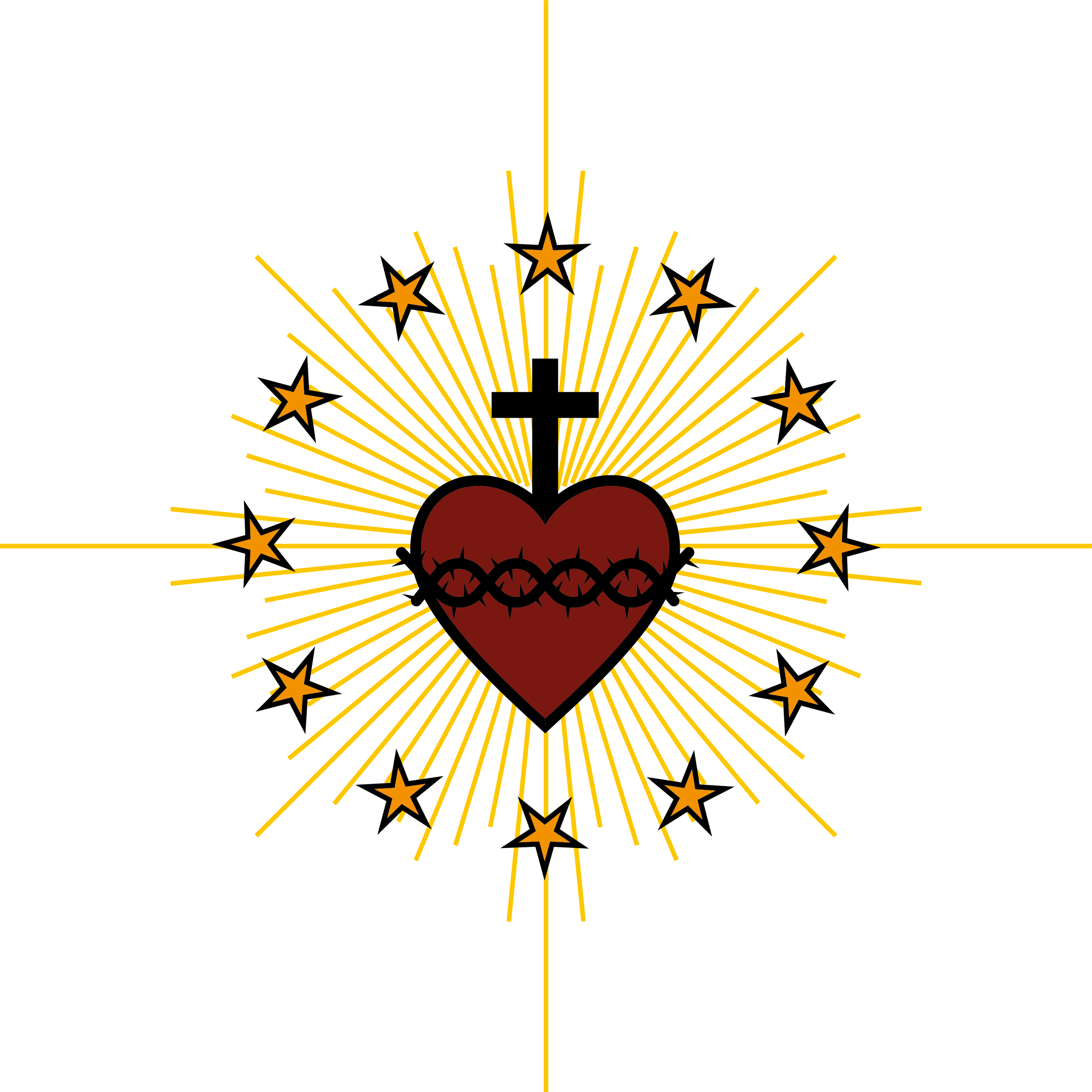Crossbearer
For a lot of people, when they hear the word ‘sin’ their mind immediately goes to pictures of an old Zeus-like man sitting on a cloud being angry with your every mistake. An omnipresent God who sees your every move and hates sin would surely be very condescending, since you know that by the standards of the Biblical God you sin a lot. In a word: he is Judgmental.
And then you’re told that this God loves you, but then why is he so concerned with every little mistake I make?
Well, it is because your picture of a judgmental god sitting in his own spirit realm just waiting for the day when he can bring up every mistake you’ve ever made is not a picture of the Christian God.
It’s a picture of the Platonic god (or gods).
The wrong view: Plato
The ancient Greeks had a well developed mythology, most famously we get our accounts from Homer’s Iliad and Odyssey. Hades for Homer was not a good place. The spirits there were essentially devoid of all happiness, and left to wander eternity restless. It wasn’t exactly hell, but it certainly wasn’t heaven.
Plato hated this.
“Like a Greek Marcion”, to quote N.T. Wright, Plato proposes taking to Homer’s writings to “cut out” the parts with Hades, and instead he wrote his own version of the afterlife.
In this version, death is not in any way doom and gloom, but rather the glorious moment the soul is set free from the bodily prison, and so finally you could become more like the gods.
The interesting part is what happens next, upon arrival in Plato’s new Hades. Judgment is passed according to a person’s deeds in life. Three gods are summoned from three corners of the world, and the person is weighed in the balances. The virtuous go to the ‘Islands of the Blessed‘, while the wicked are sent to ‘Tartarus‘ for punishment.
Not here that judgment is not a bad thing, but rather this was a way for Plato to encourage good behavior, and discourage bad, by promising a final judgment.
We can take something with us to Christianity here, since we know our good deeds will be a reward for us in heaven, while our bad deeds will condemn us.
The issue is Christianity posits the truth, that all our bad deeds greatly outweigh the good.
But the good part is that our God, the true God, does not take pleasure in his vocation of dispensing judgment to his creatures, but more on this further down.
The right view: Sin as vocational
In order to really understand sin, we ought to go back to the beginning.
What do we find our original task is, and how did we fail it? This will give us the essence of sin.
And we are told in Genesis 1, and I should note that irrespective if you have a wooden-literalist (Young Earth Creationist) view of this chapter, or whether you would have a more ‘Mytho-Historical’ view of the genre, the theological point being made here is the same. We are told that our task is to be the image-bearer of God. This means we are supposed to be the means by which God is seen in creation, to simplify things (In pagan religions, the image was or is usually an idol). We are supposed to subdue the earth and spread Eden, representing God’s goodness to all creation, and as a royal priesthood we are supposed to reflect the praises of creation back to God.
Eating the fruit of the tree of knowledge was turning our back on our vocation, and as both a result and punishment we forfeited paradise and our innocent nature, now knowing (not in the sense of intellectual assent, but in the sense of partaking in) both good and evil.
This is what we call original sin, us by nature being broken.
What I aim to illustrate by this is that sin is not just a (large) set of explicit and implicit rules we constantly break, but a vocation we fail in.
Sure this vocation can be broken down into rules as a sort of description of what this vocation is, and that is helpful, but only when we see the larger picture does it make sense in the fullest. This is for example why Jesus says in the Sermon on the Mount (Matthew 5) “You therefore must be perfect, as your heavenly Father is perfect.”
This is also the reason we are punished from sin. Sin does not directly cause punishment, sin however does cause separation from God, which leaves nothing left in your relation except justice. Gods vocation is to get rid of and punish evil, so if you separate yourself from Him by abandoning your call, there is nothing left in your relation except justice.
Luckily we are covered by Jesus Christ’s sacrifice on the cross, so that we can strive to be the image bearers of God without fear of repercussion when we fail, as long as we keep our faith in him.
But the atonement is for another article.
Grace and peace be with you.
Literature
Comparison of afterlife myths at the time of Jesus
Source on Ancient Near East mythology



